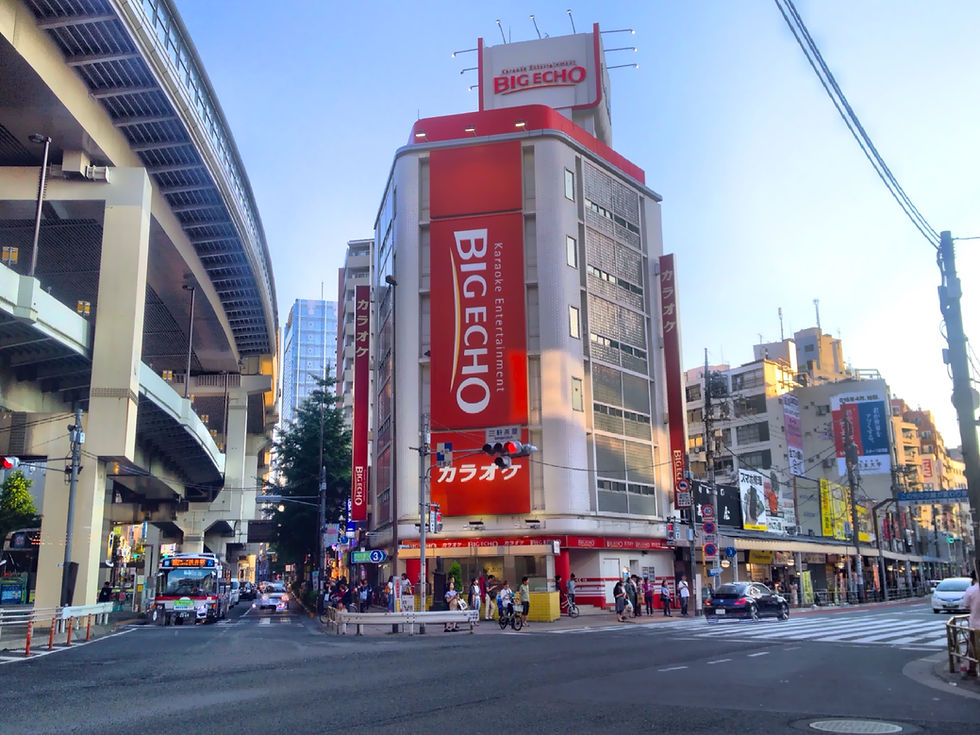A closer look at the US-Japan deal with Jesper Koll
- Adam German

- Jul 24, 2025
- 1 min read
In a July 23rd interview with the BBC, Jesper Koll, expert director at Monex Group Japan, shared his insights on the newly announced US-Japan trade deal.
BBC Asia Business Correspondent Suranjana Tewari offers additional insights after Jesper Koll in the above video.
Jesper Koll Key Takeaways
Koll described the US-Japan trade deal as a win-win, particularly from Japan’s perspective.
The deal reduces US tariffs on Japanese cars to 15%, avoiding the previously threatened 25% or even 32% for the auto sector.
Japanese carmakers welcomed the deal, as the 15% tariff significantly benefits their industry and is seen as a reasonable price to pay if it helps keep made-in-China cars off the streets of the United States; with Chinese-made cars becoming increasingly competitive in quality, the tariff acts as a form of protection for Japan’s auto industry.
Japan is expected to make major investments in the US, potentially including joint development of Alaskan oil and gas resources.
The deal may also lead to increased purchases of American agricultural products like rice by Japan.
The timing of the announcement was strategic, as it came just before EU-Japan and EU-China trade talks, signaling America’s intent to “divide and rule.”



